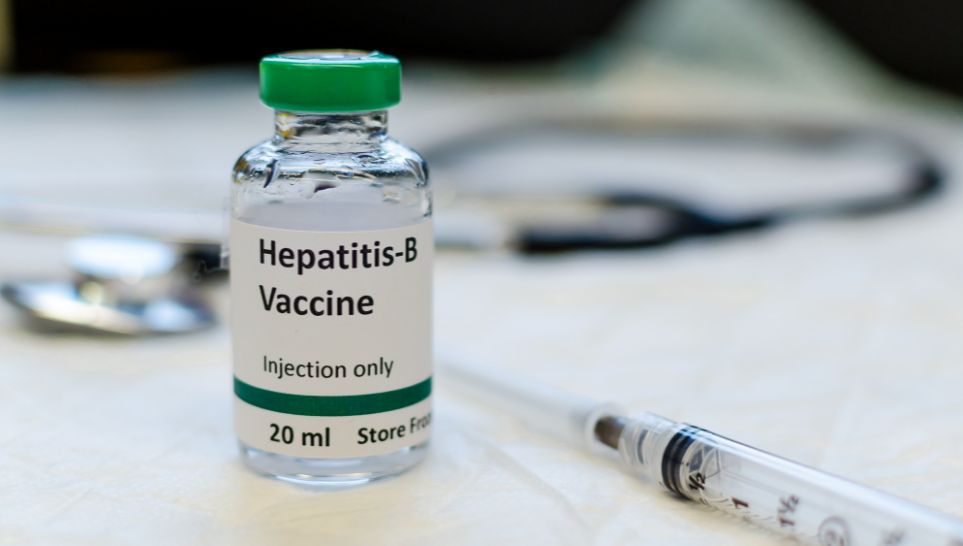
Rotavirus is a common disease that impacts most children worldwide before the age of five. The disease leads to diarrhea, which can be mild to severe. Worldwide, an average of nearly half a million children each year die from the disease. There is a vaccine for the disease that is available that greatly reduces the likelihood that a child will contract the disease. This vaccine is administered in nearly all developed areas of the world, but it has its own complications. Some children will experience mild to severe reactions after receiving the vaccination.
Rotavirus is a highly contagious disease that is easily spread through contact. The virus is contained in the stool of infected people and the germs spread. The diarrhea and illness can lead to dehydration. In a more severe case, children will need to be treated with an IV. In areas where medical care is lacking, it can cause death.
Currently, there are two different types of Rotavirus vaccines that are available in the United States. RotaTeq is manufactured by Merck and is given to infants in three doses starting at the age of two months. Infants receive doses of RotaTeq every two months. The other vaccine is Rotarix, which is made by GlaxoSmithKline and is administered at the age of two and four months. Both of these vaccines are administered to infants by mouth as opposed to as an injection. The vaccines are given to infants by using a dropper.
The rotavirus vaccine is an attenuated vaccine, meaning that it contains weakened live virus. The purpose of the vaccine is for the human body to build up an immunity by becoming acclimated to live virus. Rotavirus vaccine can be largely, but not entirely effective. Roughly nine in ten children who receive the vaccine are protected from severe rotavirus. In general, the vaccine is roughly 70 to 80 percent effectiveness in preventing all instances of illness from the disease.
Like all vaccines, the rotavirus vaccine is not without its instances of complications. Moreover, not everyone should receive the vaccine as some may have a predisposition to having more severe side effects from it. It is difficult to know a baby’s risk factors. Some complications of vaccines stem from allergic reactions. The problem with this particular vaccine is that one of the vaccines is given for the first time at the age of two months. That may be too early to know a baby’s allergies. Some parents learn for the first time that their infant has an allergy because they have a reaction to the first administration of the rotavirus vaccine. If the infant does have a reaction, they should not receive further doses of the vaccine. However, this restriction is only in the cases of severe or life-threatening allergic reactions. If the reaction is mild, the infant can receive the vaccine with more careful monitoring.
Others who are possibly vulnerable to complications from the vaccine include babies who have severe combined immunodeficiency. This makes the babies susceptible to severe infections. Since the vaccine has attenuated virus, these babies are more at risk of developing an infection. Infants who have anything else that could possibly impact their immune system should also check with a doctor whether it is safe to receive the vaccine.
Side effects from the vaccine can be mild to severe. Mild reactions involve irritability and minor illnesses such as diarrhea after receiving the vaccine. The severe reactions are obviously the ones that are more dangerous and present a threat to the long-term health of the baby. While it is not common, babies can develop intussusception, which is a form of bowel blockage. Specifically, this is defined as “the invagination of a segment of intestine into the next segment of intestine.” In other words, the intestine is turned inside out or folded back on itself to form a cavity or pouch. This can also restrict the blood flow in the intestine in addition to curtailing bowel movements.
Statistically, this impacts roughly 100 babies each year who receive the rotavirus vaccine. Babies who develop this complication will generally see the onset within a week. This will generally involve severe stomach pain and it could also include vomiting and blood in the stool. In some cases, intussusception will require surgery to correct. There is also a possibility that an infant could develop a severe allergic reaction which can include swelling of the face and throat and difficulty breathing. This requires emergency treatment to keep it from becoming life-threatening.
In 2013, the Secretary of Health and Human Services changed the vaccine injury table to include intussusception as a result of rotavirus vaccination as a compensable injury. Families of babies who have experienced severe side effects can file a claim with the Vaccine Injury Compensation Program if the injury is recognized and included on the table. Generally, cases of intussusception that develop between one and 21 days after vaccine administration may be the subject of a claim. Families whose babies have been impacted should contact an attorney at The Law Offices of Sadaka Associates to learn more about how to file a claim for compensation with the VICP.





